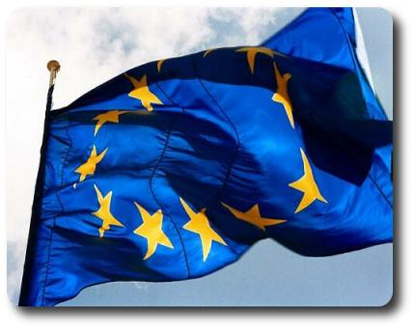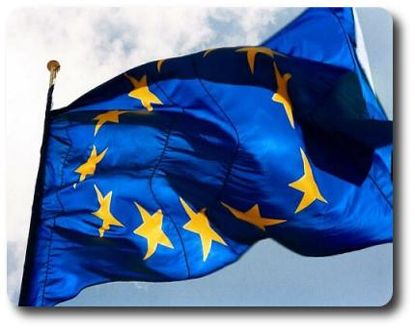In 2010, 32% of French people over the age of 18 were engaged in a volunteer activity in the sports, humanitarian, economic, ecological, cultural, or social fields. This number, which has been steadily increasing for the past 20 years, places France in the European average and involves extremely diverse situations (degree of individual involvement, size of the associations concerned, fields of intervention, etc.).
 In 2010, 32% of French people over the age of 18 were engaged in a volunteer activity in the sports, humanitarian, economic, ecological, cultural, or social fields.
In 2010, 32% of French people over the age of 18 were engaged in a volunteer activity in the sports, humanitarian, economic, ecological, cultural, or social fields.
This number, which has been steadily increasing for the past 20 years, places France in the European average and involves extremely diverse situations (degree of individual involvement, size of the associations concerned, fields of intervention, etc.).
By making 2011 the year of volunteering and volunteerism, the European Union aimed precisely to encourage citizen engagement, but also to promote the professional integration of young people.
In general, volunteering allows for the reconciliation of individual and collective interests. However, it faces the challenges of individualism and an aging population, which tend to change the needs of both volunteers and the beneficiaries of their actions. Volunteering also fits into a context of changes in the world of work and the modes of action of public authorities, prompting questions about the conditions under which it is carried out.
Therefore, how can we promote volunteer engagement and support new forms of volunteering adapted to economic and societal changes, without risking over-regulation or over-institutionalization?



